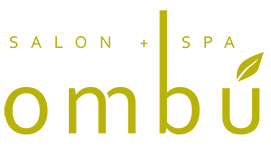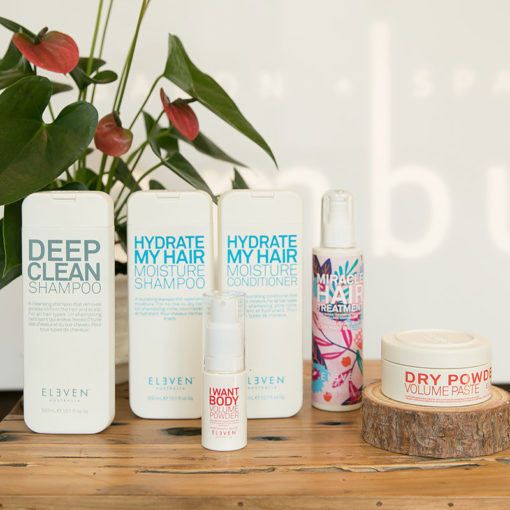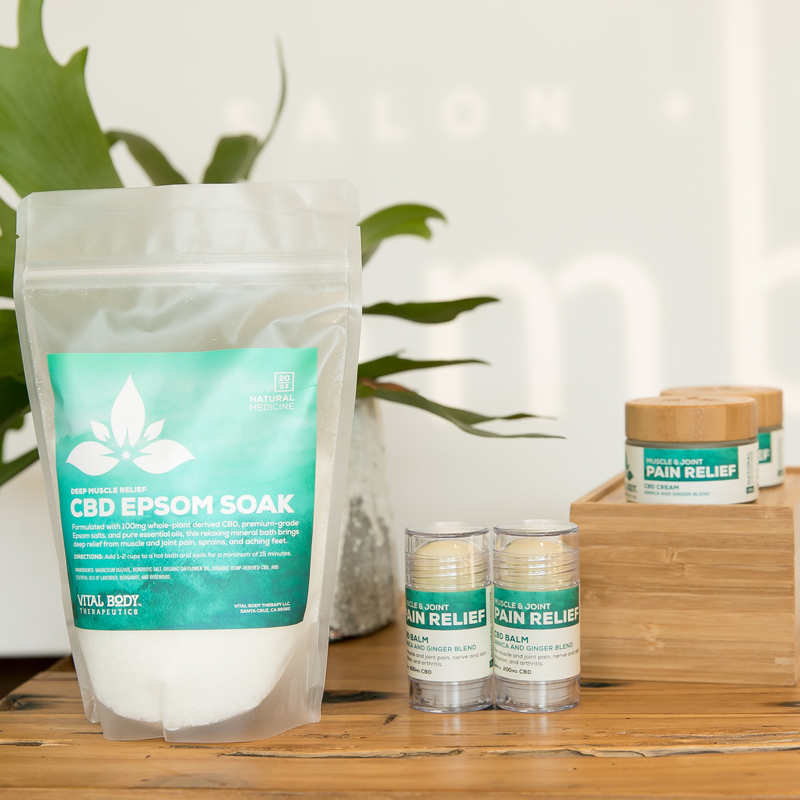
Probiotic Skin Care: What Is It And Why You Should Use It
What Are Probiotics?
In short, probiotics are “good bacteria” that are crucial to balancing the “bad bacteria” in the body. As stated by WebMD: “Probiotics are live bacteria and yeasts that are good for you, especially your digestive system.” Probiotics are considered beneficial as they can help repopulate good bacteria that may be lost due to diet, medication or certain health conditions. The balance of good bacteria to bad can have an impact on the health of your skin.
Common sources of probiotics are fermented foods, with yogurt being one of the most well known, but also including sauerkraut, miso, kombucha and even pickles! Typically, when discussing the benefits of probiotics, we are referring to the gut flora which consists of hundreds of microorganisms that ensure your metabolic activities remain healthy and effective. However, probiotics can also be used to help heal skin conditions.
Are Probiotics Good For You?
To put it simply, probiotics are microorganisms that help promote good health, especially in your digestive system. In addition to improving digestion, they promote healthy blood sugar and hormone levels, assist in regulating your metabolism and give your immunity a boost. Probiotics also pack a punch in skin care. The American Academy of Dermatology states, "[Probiotics] have been shown to help with clearer skin, decreased skin sensitivity, redness and inflammation ... You may also see a reduced appearance of fine lines and wrinkles, and increased elasticity.”
Three Sources Of Probiotics
These friendly bacteria occur naturally in your digestive tract, but can also be found in a variety of foods, supplements and even in skin care products. If you’re thinking of taking advantage of the health and beauty benefits of probiotics, here are three sources:
1. Probiotic Supplements
Due to the rising popularity of probiotics as a health product, supplements are easy to find — and are a convenient way to get your "good bacteria." You can find these supplements in health food stores, drug stores and even grocery stores.
Interesting fact: A healthy intestinal tract hosts over 100 trillion friendly bacteria. In order to keep these microorganisms topped up, an effective supplemental dose of beneficial bacteria should include at least 5-30 billion viable bacteria a day.
2. Probiotics In Food
If supplements aren’t your thing, you may want to consider incorporating probiotic-rich foods into your diet. Foods like kombucha drinks, yogurt, kimchi, sauerkraut and miso are all packed with healthy bacteria.
3. Probiotics In Skin Care
While dietary probiotics have been found to help balance certain gut issues, scientific studies support that they can be beneficial for the skin as well. Specifically, probiotic-rich products are believed to balance the microbiome on the skin.
As Eminence Organics International Educator Brian Goodwin explains: “The skin’s surface is home to a delicate balance of microorganisms, like bacteria and other microbes. This mix of living organisms is known as the microbiome," which defends the skin from environmental stressors and harm. But if good organisms are outnumbered by harmful bacteria, the microbiome falls out of balance. This can disrupt skin barrier function, leaving your skin vulnerable to dehydration or irritation.
Topical probiotics can help balance the bacteria associated with conditions such as acne and eczema. Acne has been shown to be one of the most promising conditions to treat with topical probiotics because bacterial imbalance and inflammation contribute to certain types of acne. Applying probiotics for acneic areas can help soothe any flare-ups as well as normalize the skin’s natural bacterial and moisture balance, helping it to “reset.”
While there are many DIY recipes for probiotic face masks, as always, we do not recommend creating your own kitchen concoctions. This is because applying products to your skin that are intended for food consumption often vary wildly in their levels of beneficial ingredients and concentrations. For example, many probiotic foods contain ingredients like lemon and vinegar. While acids can be skin-friendly, the types of acids in foods have the potential to irritate the skin and cause extreme photosensitivity and even serious chemical burns. Especially if you are dealing with a skin condition such as acne or eczema where the skin can already feel raw and sore, please avoid homemade solutions. Instead, look for professional probiotic skin care products that meet industry-wide safety requirements.
Probiotic skin care products are most effective when they can be massaged in or left on to absorb into the skin. This allows the probiotics to positively impact the moisture barrier and balance the skin. Depending on your skin type and concerns, you may not need probiotics for every step of your skin care routine and may prefer to incorporate it only into a few areas. For example, if you have a dry skin type and are dealing with some eczema or the odd blemish, using a probiotic face mask once a week is an excellent option. If you are an oily skin type trying to manage more frequent blemishes, incorporating probiotics in your daily cleansing and moisturizing — as well as a weekly face mask — helps to balance the bad bacteria that may be contributing to breakouts.
Ombu Salon + Spa carries Eminence Organics Kombucha Microbiome Collection, which is formulated with pre, pro* and postbiotics to maintain your skin’s natural microbiome. This collection is also formulated with kombucha, white tea, ginger and jasmine which comforts the skin and helps you achieve a luminous, healthy-looking glow.
*Does not contain live probiotic cultures.
Written by Jen Okhiria, updated by Thea Christie,




